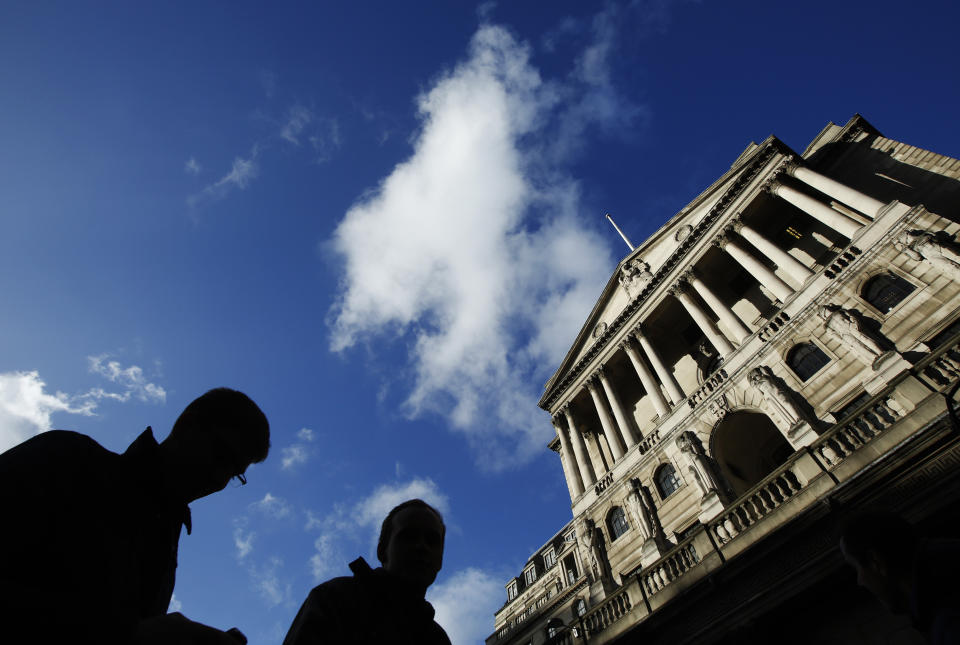Central banks can only play 'modest' role in tackling coronavirus inequality

The chief economist of the Bank of England warned on Wednesday that central banks can only play a “modest” role in tackling the inequalities that have been exacerbated by the coronavirus pandemic.
Andy Haldane said that, on the whole, his bank was not able to adjust its monetary policy tools to more substantially benefit those disadvantaged by the crisis.
Haldane said that the Bank of England, for instance, could not set different borrowing costs for different segments of society.
“Many of the yawning social, economic, and financial disparities that predated the COVID crisis — be they in levels of income, or levels of wealth, or in levels of poverty or homelessness, or anxiety — they have all, if anything, been made worse,” Haldane said.
READ MORE: 'Unprecedented' economic collapse for developed nations, OECD warns
But he said that central banks could only do “relatively modest amounts” to tackle these emerging inequalities.
“I can't set a different interest rate for poorer people in the north-east of England, which is where I was born, to those in the south-east of England, where I now live, and where the level of income is now higher,” he said.
Haldane warned, however, that closing the economic fault lines that have widened during the pandemic was now a “societal necessity.”
“Tears in the social fabric are as damaging for our economies as they are for our societies,” he said. “Our economy is, after all, no more or no less than a mirror image of the society in which it is embedded.”
The burden of mitigating these disparities instead falls on governments, Haldane said. “They have the capacity to move monies around between different cohorts of society.”
He noted that governments across the world have already introduced “unprecedented” stimulus measures to support jobs and income, which he said has tended to focus on those most vulnerable and poorest in society.
READ MORE: Davos 2021 delayed until summer due to COVID-19
Much more will be needed at a global level in the years ahead, he said, to prevent “fractures in the foundations of our society and economy.”
The coronavirus pandemic may cause these preexisting inequalities to be focused on to an “even greater extent,” he said.
“My hope would be that might be the catalyst for change in tackling what in many cases are generational problems of social inequity.”
Haldane also said that, while economies across the world have collapsed during the pandemic, social institutions “have stood tall, and kept societies together.”
“They have served, as they have in the past, as the social glue,” he said.

 Yahoo Finance
Yahoo Finance 
